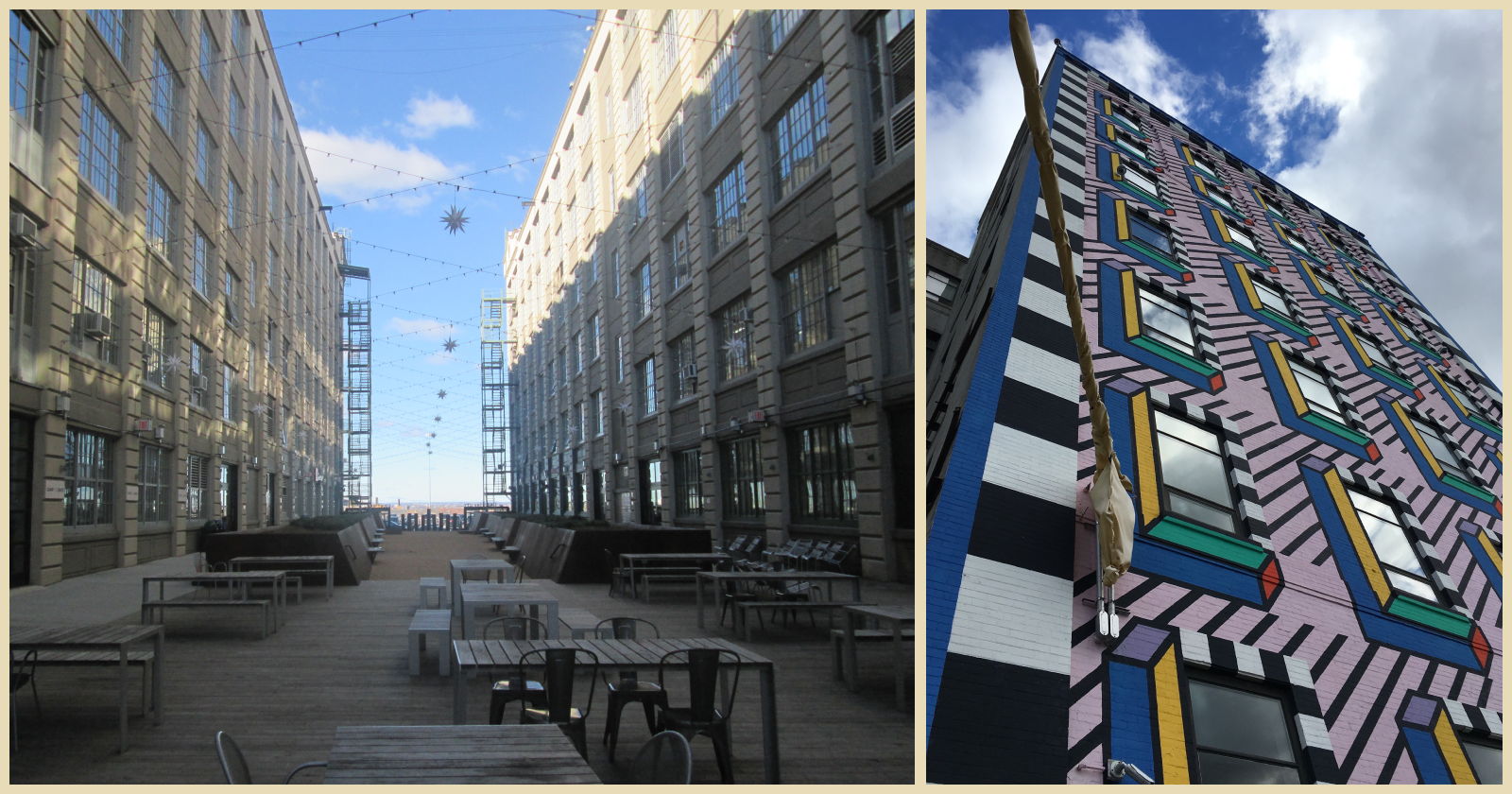Emergent City Review: The Messiness of Urban Development
 Ray Berger
Ray Berger
What happens when a neighborhood wants to turn its manufacturing district green and the property owners want to turn it into retail space? This is the tension that the documentary Emergent City explores and unravels alongside the neighbors, property owners, and politicians.
It's a powerful documentary because it doesn't seek an objective truth about the situation. It merely tells the story of people as they go through the chaos.
A brief summary: In Brooklyn's Industry City, a large developer purchased the industrial complex and began renovating it, converting upper floors to offices. They then sought to rezone the lower floors from mandatory manufacturing use to allow retail use. This sparked intense debate in the community.
Many residents oppose it because they're worried:
The good blue-collar manufacturing jobs will go away
They don't want the low-quality service jobs
It will lead to greatly increased rent costs and ultimately displacement
In short, they believe the changes won't benefit the existing community.
The counterargument by Adrian Kimball, the CEO of Industry City, is that it's disingenuous to say local residents' children won't be able to take the new office jobs. However, this argument seems flawed since many families would be priced out of the neighborhood before their children are old enough for such positions.
This battle plays out over many years with UPROSE, a local environmental justice organization, leading the opposition. Throughout the process, stakeholders grapple with questions about what development scenarios are possible, probable, and truly beneficial for the community rather than just the landowners.
As a friend put it: "the movie made democracy look messy." If you're interested in changing your city, making it greener, making it more bike-friendly, or understanding how these changes happen, this is the film for you. Check out the movie's website for upcoming screenings. If it's not showing near you, look at Kelly Anderson's other documentaries about the city. I haven't watched any yet, but they look promising.
Urbanist musings
The community participation seemed to be token at best. Industry City didn't do a good job gathering feedback and seemed surprised by the questions and demands of people. Of course, the film didn't show all the meetings, but it seemed like the CEO was speaking much more than listening. If they were serious, they should have offered free childcare for these meetings (one woman in the documentary mentioned the struggle of staying late with kids at home). Given all the office space they control, you'd think they could have organized some venues that weren't overheated and overcrowded.
In urban redevelopments, one way to reduce displacement is to offer fixed rents for 10 or 20 years. Industry City couldn't implement this solution because they don't own the nearby residential properties.
The idea that manufacturing should stay to help build green infrastructure for the future is noble. But it's not clear that the manufacturing companies there would be likely to actually take on those green tasks. This reflects a form of the local trap - assuming local production is inherently better for the community.
"We are the makers and the box is empty. This is where we fill it," declares Industry City's promotional video - while they work to empty manufacturing spaces and fill them with retail.
Adrian Kimball sounds like he's full of (sh)it when he says things like they don't know how much profit could be made from rezoning and that nearby housing prices won't go up from the rezoning and development.
Cover photo is a remix of Industry City mural.jpg by Vivian Toy and Industry City Dec 4, 2018 07.jpg by Epicgenius. Licensed under CC BY-SA 4.0
Subscribe to my newsletter
Read articles from Ray Berger directly inside your inbox. Subscribe to the newsletter, and don't miss out.
Written by

Ray Berger
Ray Berger
MSc Candidate in Urban Studies, Software Engineer